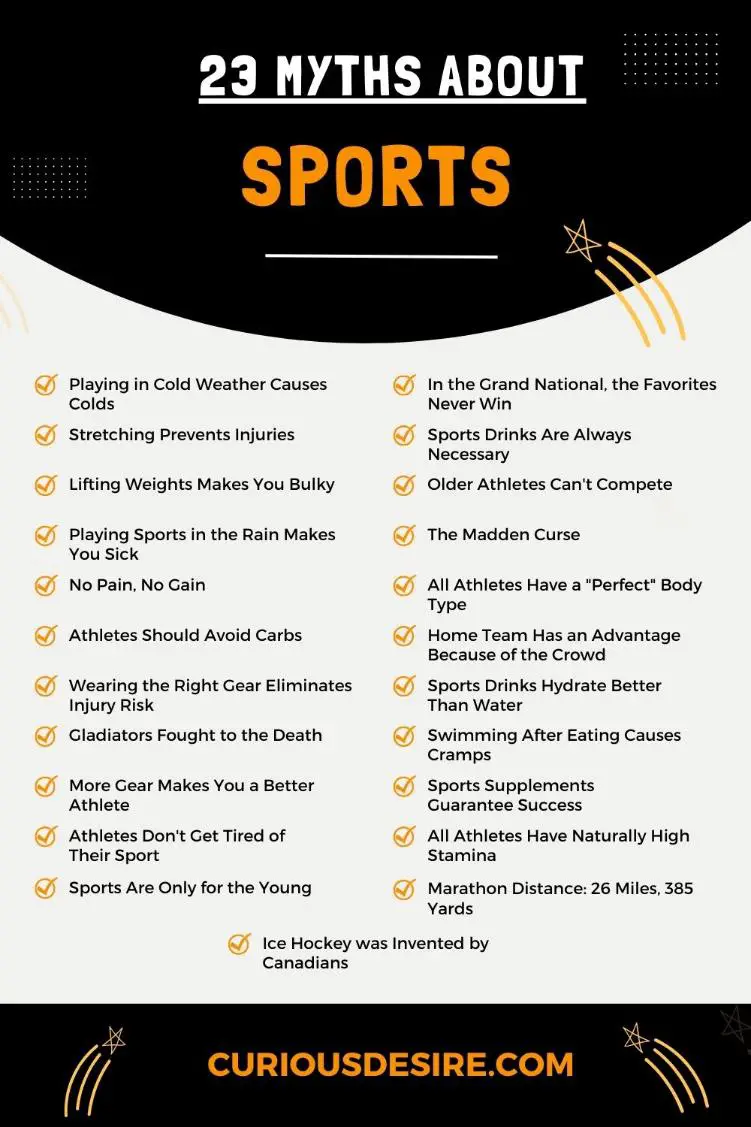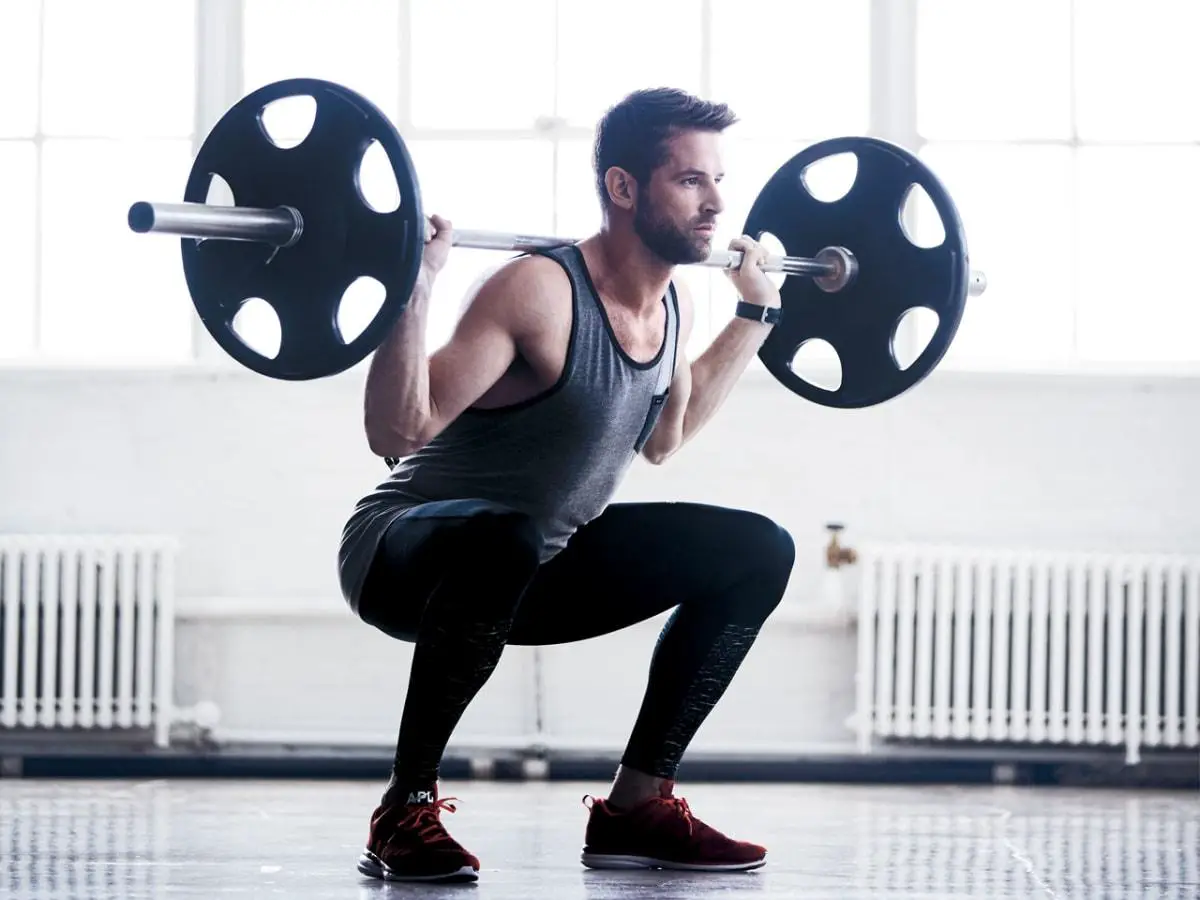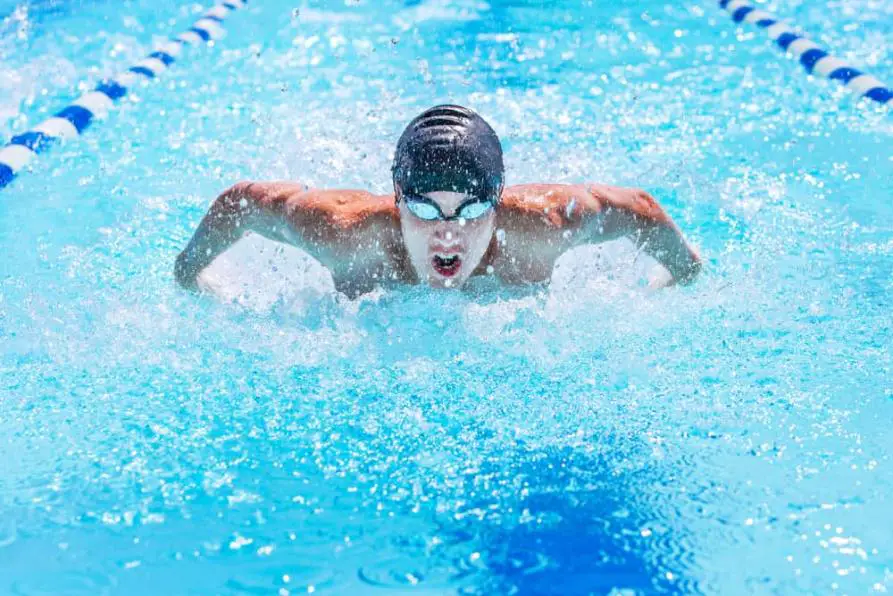Sports, a healthy part of everyday life, have some baseless misconceptions associated with them, making sports lovers reluctant to play or have fun.
Today, we’ll take some time to bust those myths as a step towards encouraging people to participate more in sports with a better and clearer perspective in mind.
5 Most Common Myths About Sports:
- No Pain, No Gain
- Static Stretching Before Exercise Prevents Injuries
- More Gear Makes You a Better Athlete
- Athletes Don’t Get Tired of Their Sport
- Sports Drinks Hydrate Better Than Water
[toc]

Myth 1: Playing in Cold Weather Causes Colds
Why the Myth Exists:
The misconception that cold weather directly causes colds likely arises from the fact that respiratory infections, like the cold, are common during the colder months.
However, the actual cause of cold is viruses, not the temperature. The myth may persist because people associate feeling cold with being more susceptible to illness.
Debunking the Myth:
Viruses, especially rhinoviruses, are responsible for causing colds. Cold weather itself doesn’t make you sick.
The increased incidence of colds during winter is likely due to factors such as spending more time indoors in close proximity to others, which causes the spread of viruses.
It’s crucial to focus on proper hygiene, like handwashing, and avoiding contact with sick individuals to reduce the risk of catching a cold, rather than solely blaming the weather.
Myth 2: In the Grand National, the Favorites Never Win
Why the Myth Exists:
The Grand National, a globally renowned horse racing event, is known for its unpredictability and challenging course.
Throughout the years, there have been cases where the horse considered the favorite, with the lowest odds, didn’t end up winning.
This unpredictability has created a belief that betting on the favorite in the Grand National can be a risky choice.
Debunking the Myth:
While it’s true that the Grand National has seen its share of surprises, the notion that favorites never win is just a myth.
Historical data shows that favorites do win the Grand National, although not as often as in other horse races.
Various factors, including the demanding course with challenging obstacles like Becher’s Brook and The Chair, contribute to the race’s uncertainty.
However, skilled jockeys, well-trained horses, and favorable conditions can still lead to favorites securing victory.
Myth 3: Stretching Prevents Injuries
Why the Myth Exists:
Stretching is often considered a standard warm-up routine before exercise or sports.
The idea that stretching prevents injuries has been widely believed for a long time, possibly due to the association between flexibility and injury prevention.
Debunking the Myth:
Stretching improves flexibility, but its role in preventing injuries is often overstated. Static stretching before sports, especially running, may not be as effective as dynamic warm-ups and strength training in injury prevention.
Research suggests that dynamic movements and activating muscles through a range of motion are more beneficial in preparing the body for better performance.
Incorporating a combination of dynamic warm-ups and strength training into a routine can be more effective in reducing the risk of injuries than relying solely on stretching.
Myth 4: Sports Drinks Are Always Necessary
Why the Myth Exists:
The idea that sports drinks are always necessary might come from marketing and the commonly held belief that they’re crucial for staying hydrated during physical activity.
The connection between sports drinks and athletes engaged in intense exercise could be why many people think they’re needed by everyone.
Debunking the Myth:
Sports drinks can offer benefits during prolonged, high-intensity exercise, but they may not always be necessary for shorter workouts.
For moderate exercise, water is generally sufficient to maintain hydration.
Moreover, the high sugar content in sports drinks could lead to excessive calorie intake and may not be suitable for everyone, especially those with sedentary lifestyles.
It’s essential to adjust fluid intake based on the duration and intensity of the activity.
For many, water remains the most effective and healthy choice for staying hydrated during exercise.

